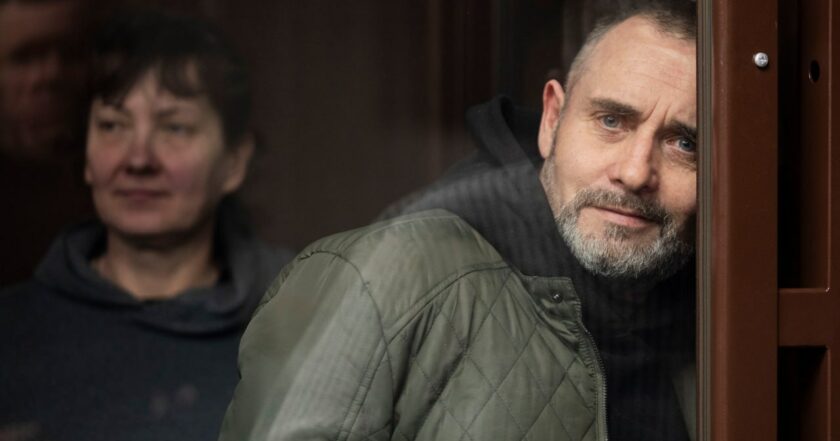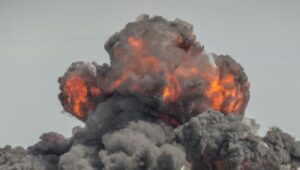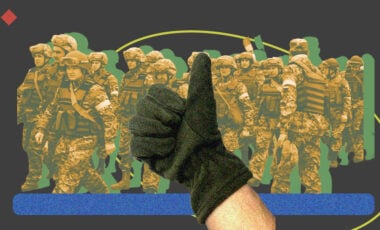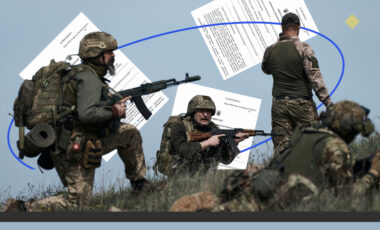Ukrainian defender and POW dies in Russian pre-trial detention center

Photo: Mediazona
Oleksandr Ishchenko, a Ukrainian defender and former driver in the "Azov" regiment, was captured while defending Mariupol and subsequently imprisoned in the pre-trial detention center in Rostov-on-Don. His lawyer has reported that he has passed away.
The Russian media, Meduza and Mediazona, reported this.
Ishchenko served as a driver in the "Azov" regiment and was captured during the fighting in Mariupol.
Ishchenko's lawyer announced his death at a meeting of the Southern District Military Court of the Russian Federation, where they are currently reviewing the case of 22 Ukrainian prisoners linked to "Azov."
The date and cause of Ishchenko's death are currently unknown. The lawyer asked the court to provide a certificate of Ishchenko's death; the court granted his request.
Oleksandr Ishchenko was 55 years old. He was born in Mariupol, where he started his career as a sailor. A few days before Russia invaded Ukraine, he returned from a trip and joined the "Azov" regiment. During the fighting in Mariupol, Ishchenko was captured.
In captivity in the territory of the occupied part of the Donetsk region, Oleksandr was illegally accused under two articles:
- "on participation in the activities of a terrorist organization,"
- "attempts to seize power by force".
It should be added that on June 14, 2023, international agencies reported that the trial of 22 Ukrainian prisoners of war, members of the "Azov" battalion, who were captured in May 2022, had begun in the city of Rostov-on-Don in the south of Russia.
In August of 2022, Russia officially designated the Azov Battalion as a terrorist group. The terrorism conviction could result in a sentence of 15 years to life imprisonment.
For reference:
On the night of July 28-29, 2022, the occupiers blew up a barrack in the Olenivka colony near Donetsk, where captured Azov fighters were kept.
As a result of the explosion, 54 defenders of Mariupol were killed, and another 130 were injured. Comrades of the dead rescued the wounded and carried out the bodies of the dead. Still, some prisoners were left to die, which indicates the brutality and inhumanity of the occupiers' act.
As reported, in two years of the full-scale war, after the terrorist attack in the Olenivka colony, where at least 50 Ukrainian prisoners of war were killed, the Russian Federation did not allow UN representatives to the scene of the tragedy.





















































